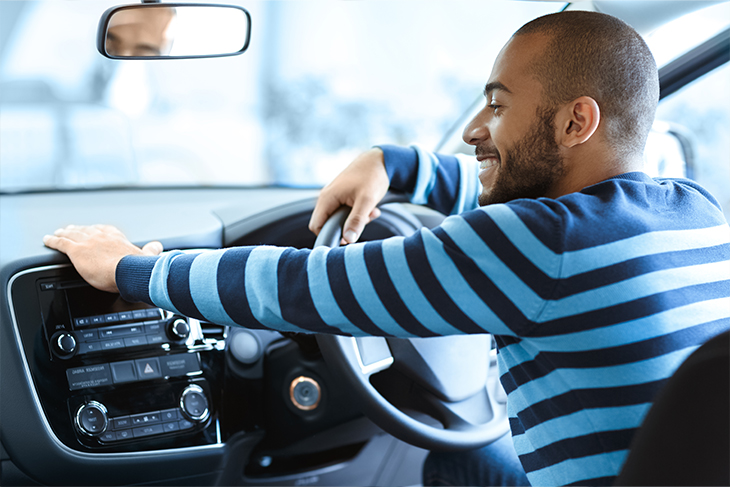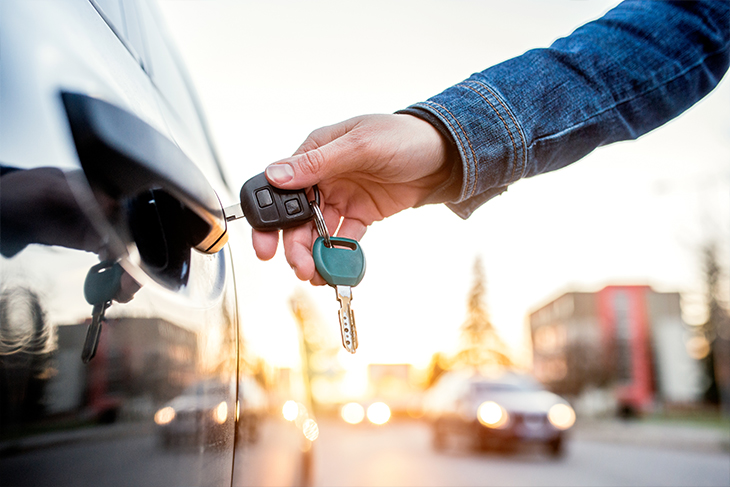Buying a car on finance can be a quick way to get behind the wheel of a newer, better vehicle. But sometimes there is confusion over who actually owns the car during a finance package? In order to find out, it’s good to learn the difference between car ownership and legal ownership. Here’s our quick explainer blog with all you need to know.
Car ownership
Car ownership is more commonly referred to as the ‘registered keeper’. You’ll be able to see this on a V5 document, where it will have your name and address on the paperwork. The registered keeper is someone who has the car and uses it. However, if you read the V5 logbook document carefully, it states that being the registered keeper and having your details on the document is not a proof of ownership.
Legal ownership
Legal ownership is the person who bought a car or who has been gifted it by someone else. You do not have to be driving the car yourself, but the documents should show that the registered keeper is the person using the car. For example, if you bought a car for your partner or child to use, you may be the owner of the vehicle but as they are the one using the car, then it’s important that they are the registered keeper on the V5 document.
To prove you own the car, you will need to have some sort of receipt or written agreement to show that you paid for the vehicle. This can help with any legal disputes and gives you extra peace of mind that you won’t lose the car.
What’s the difference?
While a lot of it comes down to paperwork, there are different responsibilities for someone who is a car owner/registered keeper, and someone who is the legal owner.
The registered keeper is responsible for ensuring the car is fully insured at all times, has been taxed up to date, and is roadworthy, i.e. has passed an MOT and is deemed suitable to drive.
If the car is involved in an accident or crime, then the DVLA or police will use the licence plate to trace the owner. So it’s important that the V5 document with the details of the registered keeper is accurate, otherwise you could end up with an expensive fine and/or points on your licence that you didn’t accrue!

How does it affect car finance?
In a car finance agreement, you don’t own the car until the final payment has been made. This includes a hire purchase or lease purchase agreement where you are confirmed to own the vehicle at the end of the agreement.
While you will be the registered keeper, you may have to follow certain annual mileage and condition requirements as part of the finance package, meaning you can only drive a certain distance each year and have to maintain the car’s condition to a certain standard.
The only option where you would own the car throughout the finance period is through a personal loan, because this loan is not secured against the vehicle. But that also means you are at a greater risk if you cannot meet your repayments.
Are You Ready to Save on Car Finance?
If you’re considering getting a new car, then you don't want to miss out on what Creditplus can offer. Applying with us will not affect your credit profile, so why not complete a quick application now.
Apply Online Today!See our latest car deals






 Facebook
Facebook Twitter
Twitter Instagram
Instagram LinkedIn
LinkedIn Youtube
Youtube